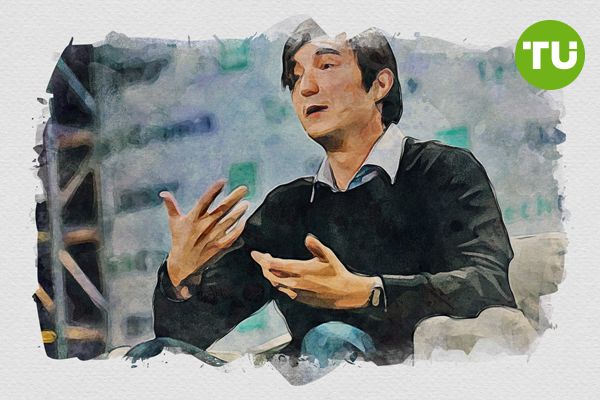Robinhood CEO calls for RWA tokenisation to unlock private market investments
 Robinhood CEO pushes for tokenized private equity access for retail investors.
Robinhood CEO pushes for tokenized private equity access for retail investors.
Robinhood CEO Vlad Tenev is doubling down on crypto’s potential to revolutionize private market investing, arguing that tokenization could provide everyday investors access to lucrative private companies.
In a recent opinion piece for The Washington Post, Tenev called for regulatory reforms that would enable retail investors to participate in high-growth companies like SpaceX ($350 billion), OpenAI ($157 billion), and Stripe before they go public, reports BeInCrypto.
Currently, SEC regulations limit early-stage investments to accredited investors, effectively excluding 80% of U.S. households from these opportunities. Tenev believes blockchain tokenization could level the playing field by digitizing ownership in private companies, making them tradable on decentralized platforms.
Regulatory Challenges and Proposed Reforms
While the technology exists to tokenize private-company stocks, U.S. regulations lag behind. The SEC has yet to provide clear guidance on security tokens, while other regions, including the European Union, Singapore, and Abu Dhabi, are actively advancing regulatory frameworks for tokenized assets.
To address these barriers, Tenev is calling for:
- Reforming Accredited Investor Rules – Shifting from wealth-based qualifications to knowledge-based assessments to allow more retail participation.
- Creating a Security Token Registration Framework – Establishing a regulated path for tokenized securities that would give companies a streamlined alternative to IPOs.
- Providing Clarity for Broker-Dealers and Exchanges – Ensuring U.S. platforms can legally list and trade tokenized securities without compliance uncertainties.
Tenev emphasized that the U.S. is finally taking crypto seriously, but must expand its vision of what’s possible to remain competitive in blockchain-powered finance.
Tokenization Gains Momentum in Traditional Finance
The push for real-world asset (RWA) tokenization is gaining traction across the crypto industry. Notably, Coinbase’s Layer-2 network, Base, is considering tokenizing its own COIN stock, signaling growing interest in blockchain-based securities.
As institutions increasingly explore tokenized securities, the U.S. faces pressure to modernize its financial laws. If implemented, Tenev’s proposed reforms could unlock new capital-raising methods for private companies while allowing retail investors to access high-growth opportunities traditionally reserved for the wealthy.
Recently we wrote, that a Utah House committee has passed HB 230, the Blockchain and Digital Innovation Amendments, which would allow the state to allocate up to 5% of certain public funds into digital assets.














































































































































